The digital factory in the G60 Starlink industrial park produced its first commercial satellite on Wednesday (Dec. 27), according to the Songjiang district government. The factory specializes in the production and application of commercial satellites, backed by the Shanghai municipal government.

The G60 Starlink project, along with the 13,000-satellite Guowang national network currently under construction, is widely seen as China's answer to Elon Musk's Starlink. Photo: Shutterstock
The Songjiang District Government said that by 2024, the factory will launch and operate at least 108 satellites to provide initial commercial services, and will also build a full industrial chain that can compete globally by 2027.
Cao Jin, general manager of Shanghai Gesi Aerospace Technology, a state-owned company set up in 2022 to operate the G60 Starlink factory, said the factory is expected to have a production capacity of 300 satellites per year.
Cao added that with the factory’s mass production capabilities, the time it takes to build a satellite will be reduced from about two to three months to a day and a half. However, this is still lower than SpaceX’s Starlink production rate of six satellites per day.
Amid escalating competition with the United States, China has stepped up efforts to promote its commercial satellite market, hoping that commercial satellites will play a key role in the frontier technology market.
The 12,000-satellite G60 Starlink project, along with the 13,000-satellite Guo Wang national network currently under construction, is widely seen as China's answer to billionaire Elon Musk's Starlink.
China launched the G60 Starlink project in 2016, with the Shanghai government announcing plans for a satellite cluster in 2021. As of July, the Songjiang district government said it would launch nearly 1,300 satellites into orbit in the first phase of the project.
The G60 is the name of the highway that runs through several manufacturing cities in the Yangtze River Delta, one of China’s economic powerhouses. It is home to high-tech manufacturers, including remote sensing, big data, computing centers and quantum communications businesses.
The G60 satellite super constellation is also an important link in the aerospace information industry, where the industrial chain includes satellites, data application services, artificial intelligence and deep learning to support the processing of huge amounts of data collected by satellites.
The collected data can then be widely applied to transportation, energy, communications and military after being analyzed using on-ground big data analytics.
China's aerospace information industry is expected to reach 44.69 billion yuan ($6.26 billion) in 2025, up from 29.3 billion yuan in 2021, according to a study by China Fortune Securities in August. The aerospace information industry accounts for 73% of the global commercial space market share, reaching about $384 billion in 2022, the report said.
Hoai Phuong (according to SCMP)
Source




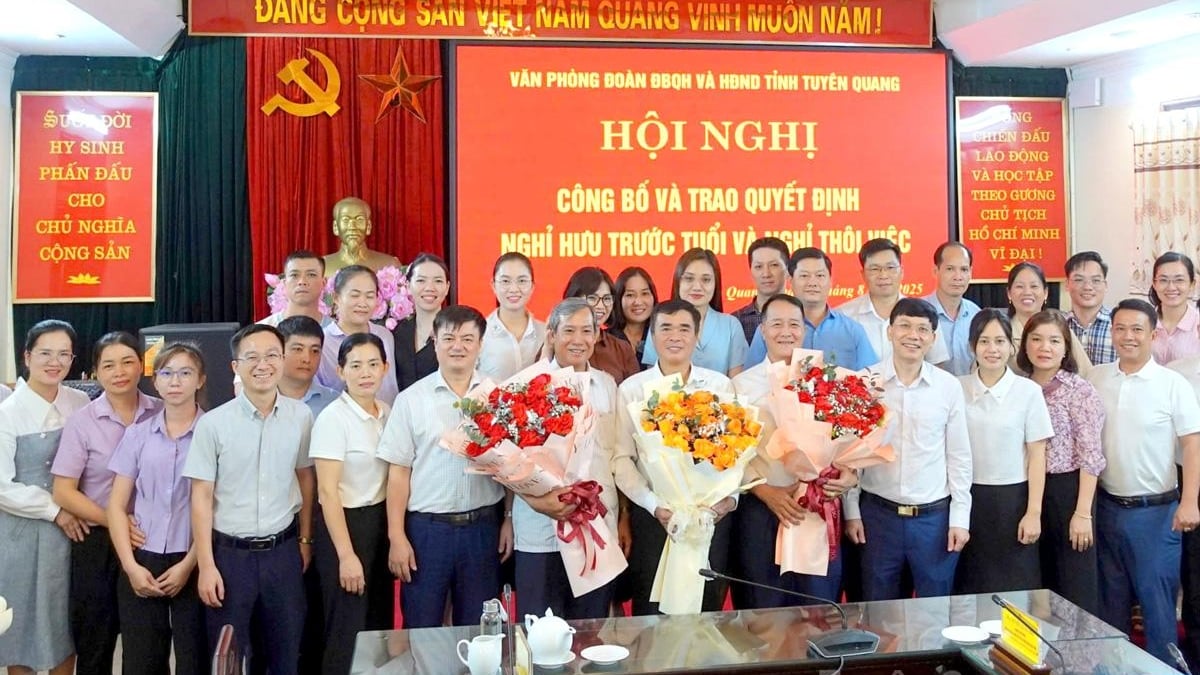

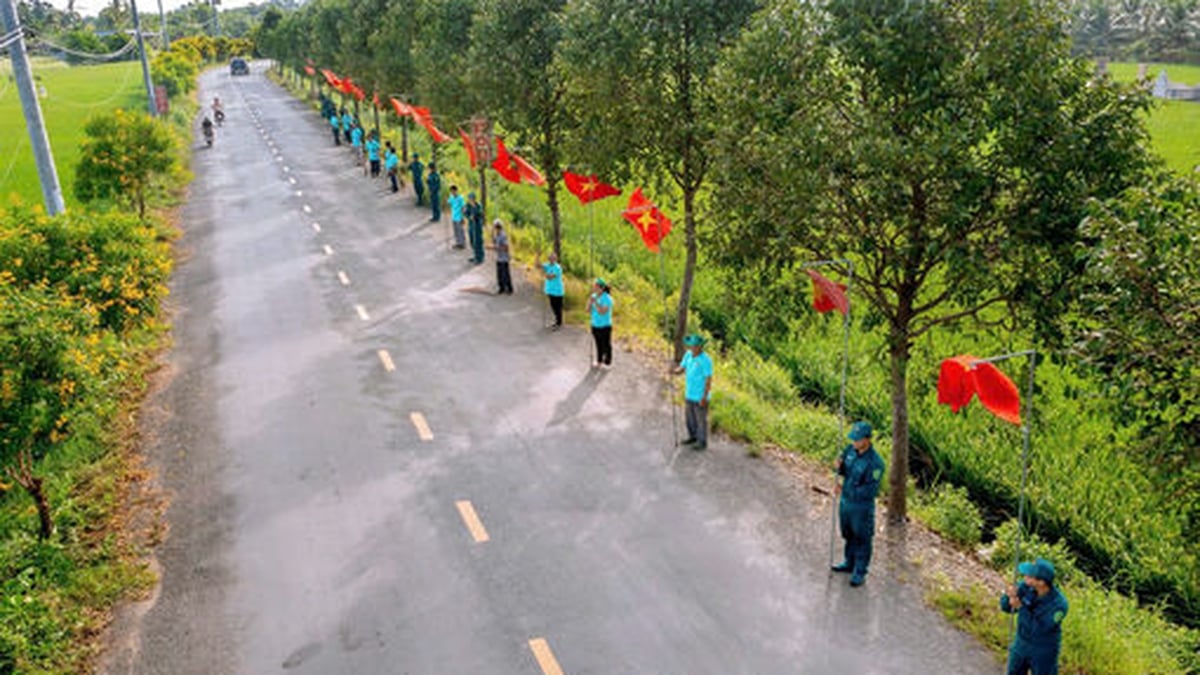




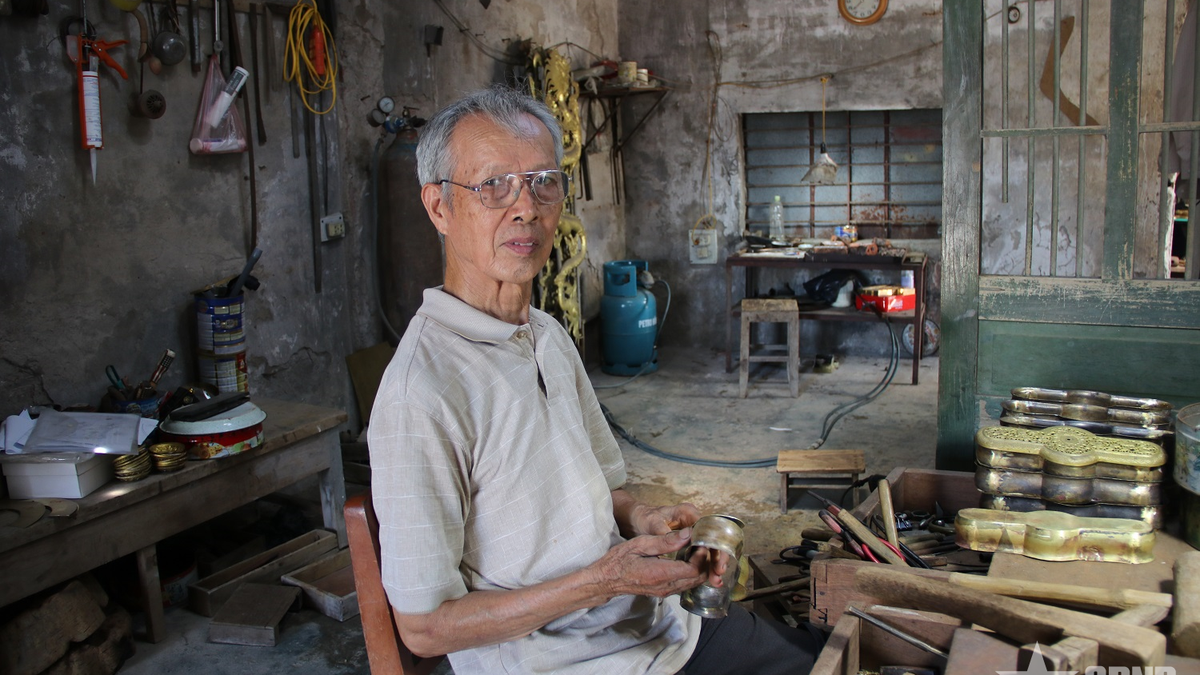











































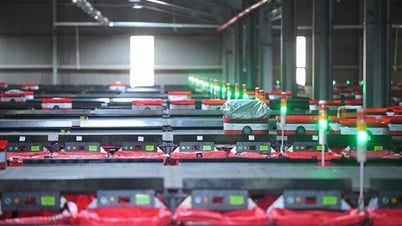

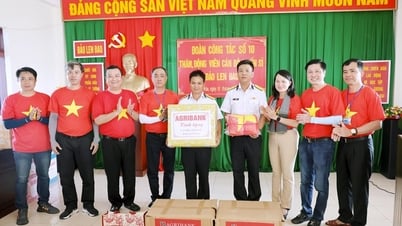

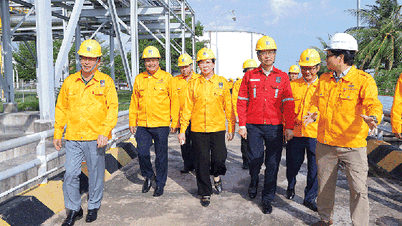









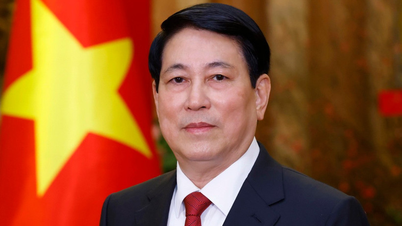


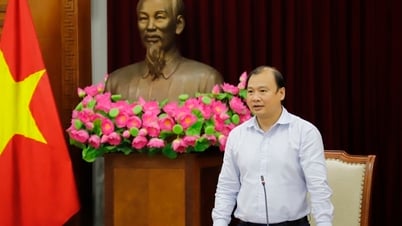

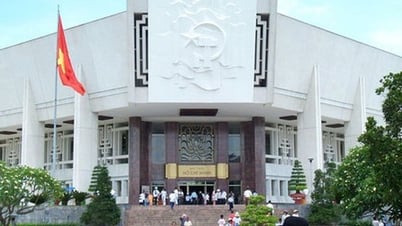




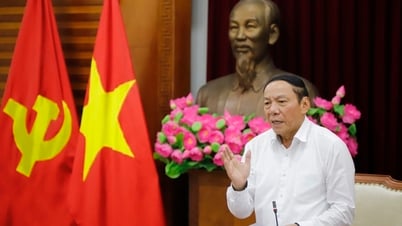






















Comment (0)